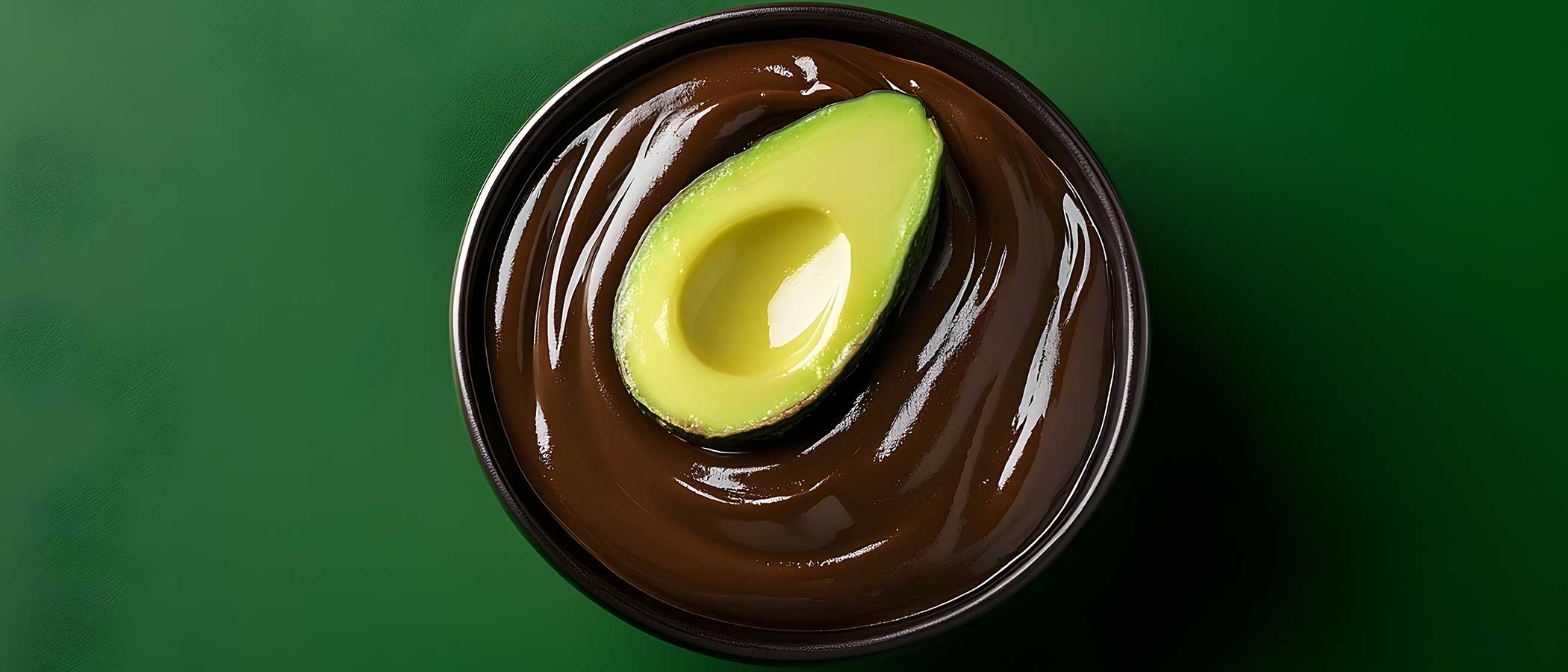
4 Weird Victorian Health Crazes (And What They Got Right)
Named after the reign of Queen Victoria, the Victorian Era lasted from 1837 to 1901 and was a period of incredible technical achievements, including electricity, the Ferris Wheel, and the telephone. But its medical and health innovations could be more hit or miss.
The Victorian Era ended before science understood germs and how they caused illness, and while scientists made great progress over those decades, some of the Victorian Era’s ideas about healthy living raise an eyebrow to this day. (Ingesting tapeworms anyone?)
But wouldn't it be something if some of the wilder Victorian fads and fascinations actually worked? Well, hold onto your top hat. It turns out that some of the zaniest Victorian health and diet fads may actually have a point. Let’s take a look at some of the weirdest Victorian health crazes… and the unexpected ways they got things right.
Fletcherism: Chewing Long and Loud
If you were invited to a "munching party" in the Victorian Era, you could expect a meal hosted by the Fletcherites, and a very long, exceedingly leisurely meal at that. The followers of American dietitian Horace Fletcher, himself known as "The Great Masticator", believed that food should be chewed until fully liquified before swallowing. Fletcher also advised against eating until noticeably hungry, eating while upset, and eating food when you are not certain of the ingredients.
While a "munching party" where all attendees chewed their food into milkshake-like consistency sounds tedious, and more than a little gross, Fletcher was onto something. Chewing your food thoroughly helps your body absorb its nutrients more completely – and can even help you lose weight, as you are less prone to overeating and more likely to become aware when you feel full.
The Rise of the Vegetarians
While different people around the world have followed vegetarian diets for centuries, the Victorian Era saw an explosion of popularity in vegetarian eating in the English-speaking world. One of the groups who were the most passionate about promoting vegetarianism were the campaigners for women's rights: not for health reasons, but for political ones. These early feminists believed that vegetarian meals were less time-consuming to prepare, leaving women more time and energy for professional work, political activism, and more.
While anyone who's ever tried to throw a dinner party with a low-meat menu may raise an eyebrow at their reasoning, a vegetarian or plant-based diet has a multitude of health benefits. A variety of studies, including a decades-long observational study in Europe and one at Harvard, have shown that eating more plants, and fewer animal products, can not only help you lose weight, but can lead to less disease, and even promote overall longevity. Just stay away from the potatoes and other vegetables and fruits with lots of carbs and sugars!
A Dose of "Healthy Sea Air"
Every era has its cure-all remedies, and for the Victorians, the cure was salt, taken via the lungs. For nearly any ailment, heading to the beach for a dose of "sea air" was considered a tonic–even the March sisters in Louisa May Alcott's novel Little Women attempted a seaside cure.
While sadly, a trip to the beach won't necessarily cure what ails you, ocean air, which is charged with negative ions, has been scientifically shown to help improve lung health in people with chronic lung conditions. Sea air has also been linked to aiding sleep hygiene – and getting enough sleep can be beneficial for everything from cardio health to energy levels to weight loss.
The Vinegar Diet
Nothing like a refreshing sip of … vinegar? While today it's a condiment, or even a cleaning solution, in the nineteenth century some sipped vinegar straight, as well as dousing their food with it, as part of the so-called vinegar diet. One of the most famous adherents of the vinegar diet was the poet Lord Byron, who not only drenched rice and potatoes in vinegar, but drank it straight, believing it helped him remain slender.
While you don't need to go to his extremes, vinegar really is good for you. Apple cider vinegar is high in acetic acid, can kill bacteria, contains antioxidants and probiotics, and has even been linked to lowering blood pressure and aiding in weight loss. So maybe Byron was onto something, after all – although the pet bear he had was still likely a bad idea!

This publication is intended for informational purposes only and is not meant to be a substitute for professional medical advice, diagnosis, or treatment. Always seek the advice of your physician or other qualified health provider with any questions you may have regarding a medical condition or any advice relating to your health. View full disclaimer









